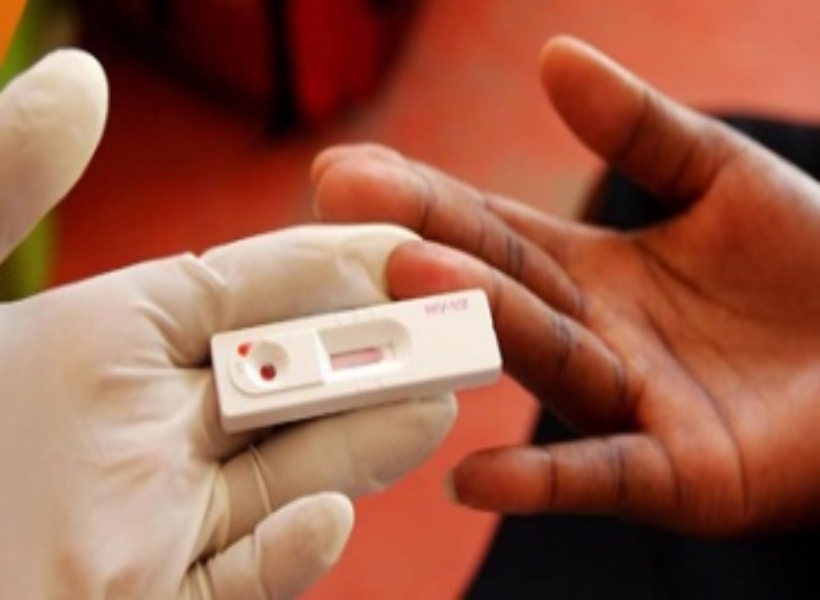Even as the Caribbean and Latin America continue to make strides in the fight against HIV, key international health organisations are calling on people to get tested as an important step towards halting the spread of HIV and ending AIDS. Today is World AIDS Day and this year “Know your status” is the campaign slogan.
According to the Pan American Health Organization/Worl Health Organization (PAHO/WHO), HIV testing provides people with a unique opportunity to discover their HIV status and enables those diagnosed with HIV to rapidly initiate lifesaving treatment. It also serves as a gateway for those at higher risk of acquiring the virus to access the recommended package of prevention services in order to remain negative.
Based on PAHO/WHO data, over 2.1 million people live with HIV in Latin America and the Caribbean, 1.6 million of who know their status. It has, however, been observed that knowledge of one’s HIV status, combined with increased access to antiretroviral treatment in the region, has led to a 12 percent drop in AIDS-related deaths in Latin America and a 23 percent drop in the Caribbean from 2010 to 2017.
However, despite progress in the fight against HIV, PAHO/WHO has noted that in Latin America the rate of new HIV infections remains unchanged at around 100,000 per year – a reduction of just one percent since 2010. Progress in the Caribbean has been much faster, with an 18 percent reduction in new infections since 2010. Even so, throughout the region, key population groups most at risk of contracting HIV continue to miss out on vital prevention and follow-up services.
“The Region of the Americas has made important progress in the fight against AIDS and part of this is down to the fact that over three-quarters of people living with HIV have been tested and almost 80 percent of them are now in treatment,” said Dr. Marcos Espinal, Director of the PAHO/WHO Department of Communicable Diseases and Environmental Determinants of Health. “World AIDS Day reminds us that despite these gains, one in four people with HIV in the Region still don’t know they have it, have not begun treatment, and are therefore at greater risk of dying prematurely and infecting others.”
The majority of new infections in the region occur in gay men and other men who have sex with men, who represent 41 percent of new cases in Latin America and 23 percent in the Caribbean. Sex workers and their clients, transgender women, and intravenous drug users are also disproportionately affected by HIV.
Currently, one third of people with HIV in Latin America and the Caribbean only get diagnosed after becoming ill and symptomatic, when their immunity has already been seriously compromised and after exposing their sexual partners to possible transmission of HIV. Testing is therefore a vital element in preventing further spread of the virus and ensuring that those with HIV have a better quality of life.
“Reducing new HIV infections is key to accelerating the response to HIV/AIDS in the Americas,” said Dr. Espinal as he disclosed that “In order to achieve this, we must address the barriers, such as stigma and discrimination that prevent key populations from accessing testing and treatment services and fully exercising their right to health.”













